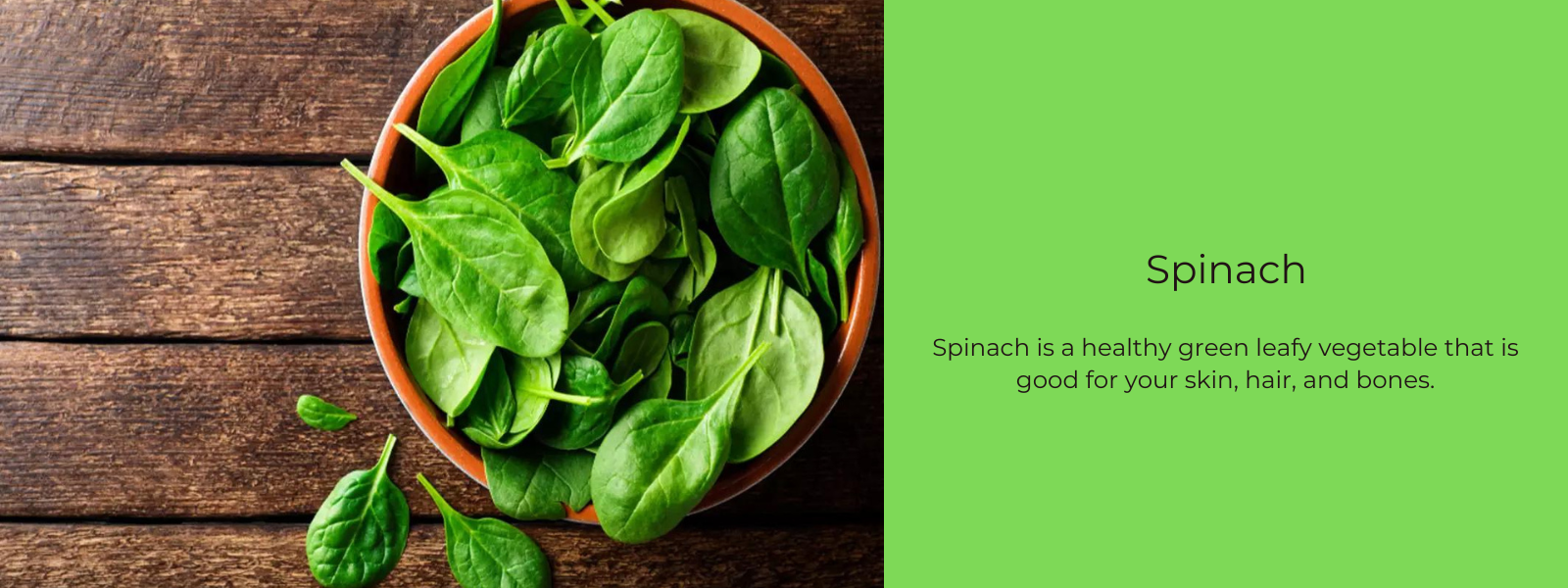Spinach (Spinacia oleracea) is a leafy green flowering plant native to central and western Asia. It belongs to the amaranth family (Amaranthaceae) and is related to beets and quinoa. Spinach is widely recognized for its tender leaves, which can be smooth or crinkly. It's a versatile vegetable used in a variety of dishes, from salads to cooked meals. Historically, spinach has been celebrated for its nutritional benefits and is a staple in many cuisines around the world.
Table of Contents
Spinach and Antioxidants
Antioxidants are molecules that protect the body from damage caused by free radicals, unstable molecules that can cause oxidative stress and lead to chronic diseases. Spinach is renowned for its high antioxidant content, making it a valuable food for maintaining good health.
Is Spinach Rich in Antioxidants?
Yes, spinach is exceptionally rich in antioxidants. It contains a wide range of antioxidant compounds, including:
- Vitamin C: A potent antioxidant that supports immune function and skin health.
- Vitamin E: A fat-soluble antioxidant that protects cell membranes from damage.
- Beta-Carotene: A precursor to vitamin A, which is crucial for vision and immune function.
- Lutein and Zeaxanthin: Carotenoids that are essential for eye health.
- Flavonoids: Such as quercetin, which have anti-inflammatory and antioxidant properties.
- Polyphenols: Compounds that have protective effects against chronic diseases.
Health Benefits of Spinach's Antioxidants
The antioxidants in spinach provide numerous health benefits:
- Eye Health: Lutein and zeaxanthin help protect the eyes from damage caused by UV light and reduce the risk of age-related macular degeneration and cataracts.
- Cardiovascular Health: Spinach helps lower blood pressure and improves arterial function, reducing the risk of heart disease.
- Anti-Inflammatory Effects: Antioxidants in spinach help reduce inflammation, which is beneficial for conditions such as arthritis.
- Cancer Prevention: Spinach contains compounds that may reduce the growth of cancer cells and prevent the spread of certain types of cancer.
- Skin Health: Vitamin C and beta-carotene contribute to healthy skin by promoting collagen production and protecting against UV damage.
Is Spinach a Superfood?
Spinach is often classified as a superfood due to its high nutrient density and extensive health benefits. It is low in calories but rich in vitamins, minerals, antioxidants, and fiber, making it an excellent addition to a healthy diet.
Is Spinach the Most Nutritious Green Leaf?
Spinach is one of the most nutritious green leafy vegetables, although it's difficult to crown it as the single most nutritious, as other greens like kale, Swiss chard, and collard greens also offer impressive nutritional profiles. However, spinach's rich content of vitamins A, C, K, folate, iron, and calcium makes it a standout choice.
Spinach for Recuperation
Spinach is an excellent food for recuperation from illness due to its high nutrient and antioxidant content. It supports the immune system, reduces inflammation, and provides essential vitamins and minerals that aid in recovery and overall health maintenance.
Ways to Use Spinach
There are numerous ways to enjoy spinach:
- Salads: Use fresh spinach leaves as a base for salads.
- Smoothies: Blend spinach with fruits and a liquid of your choice for a nutrient-packed smoothie.
- Sautéed: Sauté spinach with garlic and olive oil for a simple and tasty side dish.
- Soups and Stews: Add spinach to soups and stews for extra nutrition and flavor.
- Pasta Dishes: Incorporate spinach into pasta sauces and casseroles.
- Egg Dishes: Mix spinach into omelets, frittatas, and quiches.
Popular Spinach Recipes
- Spinach Salad: Combine fresh spinach leaves with sliced strawberries, feta cheese, and toasted almonds. Dress with balsamic vinaigrette.
- Green Smoothie: Blend 1 cup of spinach, 1 banana, 1 cup of frozen mango, and 1 cup of almond milk.
- Sautéed Spinach: Sauté spinach with minced garlic, olive oil, and a pinch of salt until wilted.
- Spinach and Lentil Soup: Cook spinach with lentils, carrots, celery, onions, and vegetable broth for a hearty soup.
- Spinach and Feta Stuffed Chicken: Stuff chicken breasts with a mixture of sautéed spinach, feta cheese, and garlic, then bake.
Conclusion
Spinach is a highly nutritious and versatile leafy green vegetable that offers numerous health benefits, primarily due to its rich antioxidant content. Whether you’re looking to boost your immune system, improve heart health, or simply enjoy a delicious and nutritious food, spinach is an excellent choice. Its status as a superfood is well-deserved, and incorporating it into your diet can help you take advantage of its impressive nutrient profile.











Leave a comment